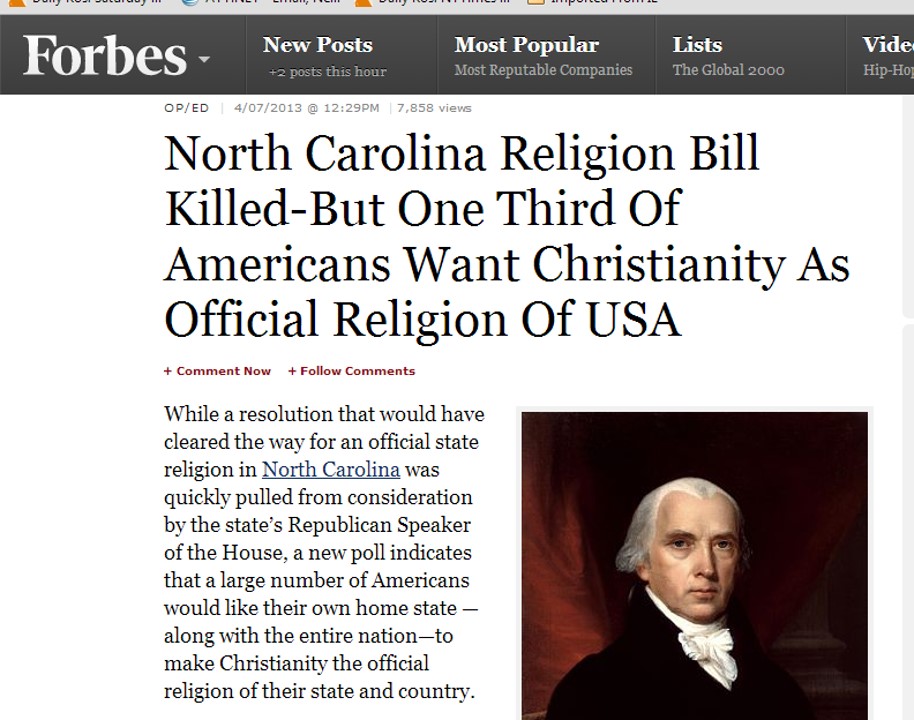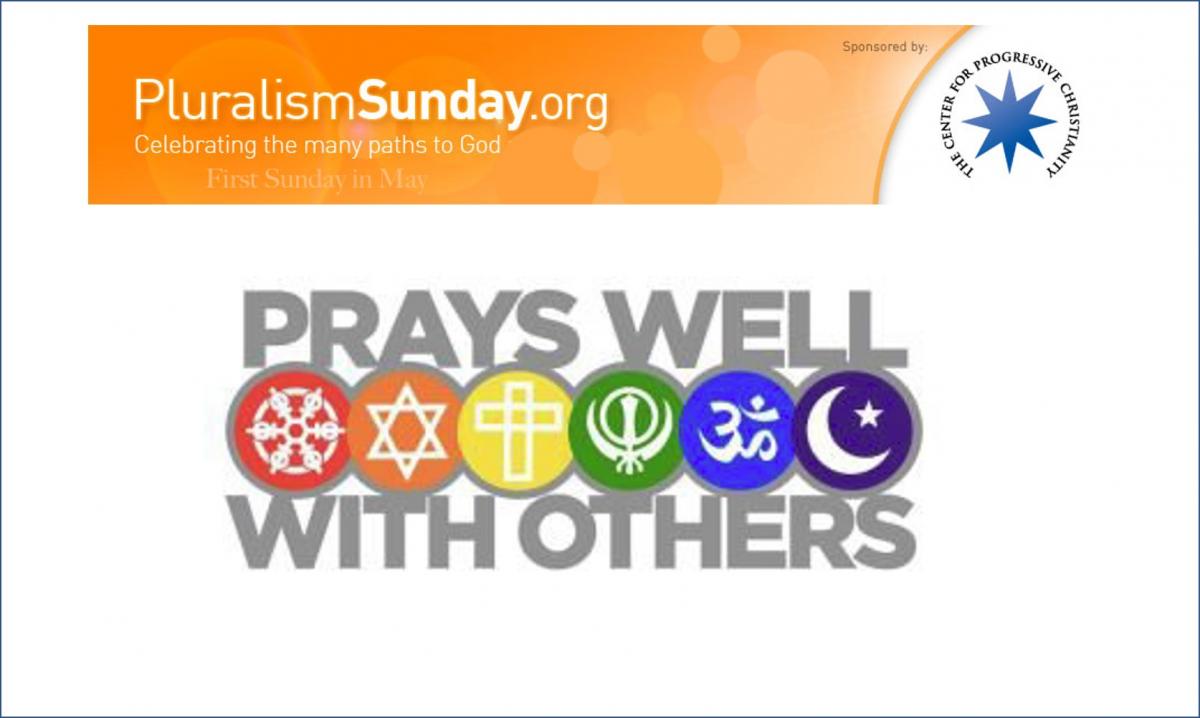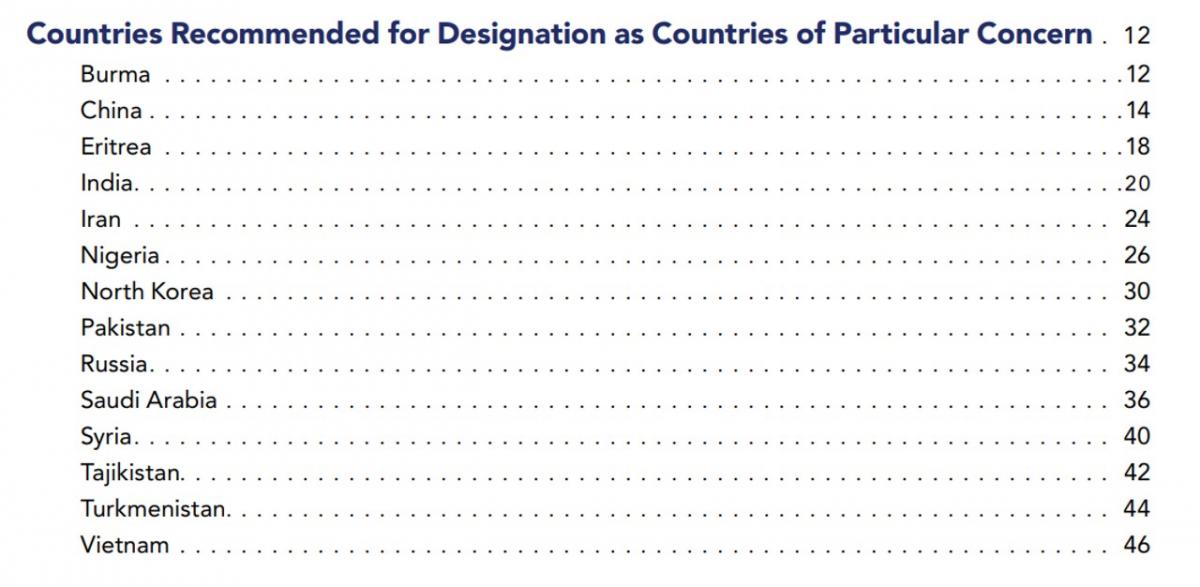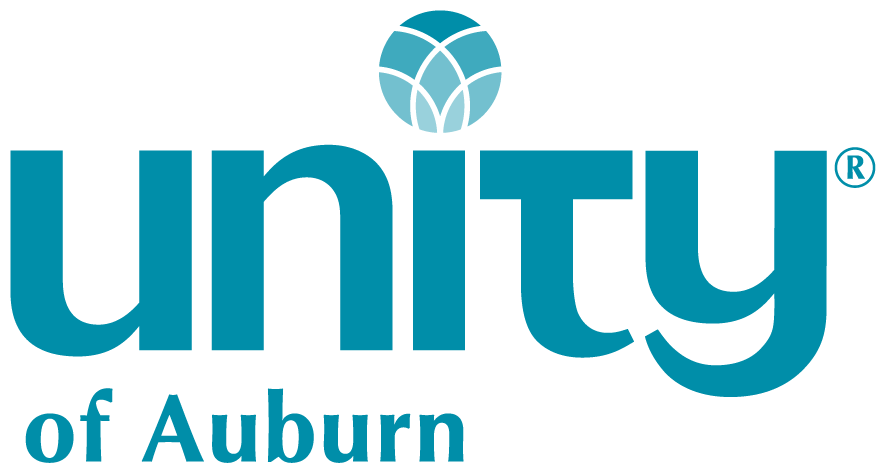

Pluralism
“…the idea that my religion is good for me and your religion may turn out to be as good for you as mine is for me. So, pluralism is the concept that there are multiple loci of truth and salvation among the religions. Now, pluralism does not imply that all religions are the same or that all religions are equal; but it does recognize the possibility that my way is not the only way and that my religion is not necessarily superior to yours.”
“Diversity is inevitable. Pluralism is an achievement.” We sometimes use these words — diversity and pluralism — as if they meant the same thing. But diversity is a given; it names the differences that exist, that we see around us every day. We can respond to diversity by ignoring it, by minimizing it, by trying to assimilate it, or… by engaging it, trying to understand the differences, and working together to create our common society. That’s when you’ve arrived at pluralism. In the often-used metaphor of society as an orchestra, full of diverse instruments, pluralism is when you finally start to make music together.
“We have been readers among all schools of thought and we find good in all of them…We do not claim to have discovered any new truths nor have had any special revelation of truth. There is truth in every religion. It is my privilege to take truth from any source, put it into my religion, and make it a fundamental rule of action in my life.” Charles Fillmore writing in Unity, August 1895
“It is in this respect totally different from the other religious systems of the world, because it does not in any respect rest its authority upon revelation. It has no dogmas nor creeds, nor are its students expected to believe anything which they cannot logically demonstrate to be true.” Charles Fillmore 1918


